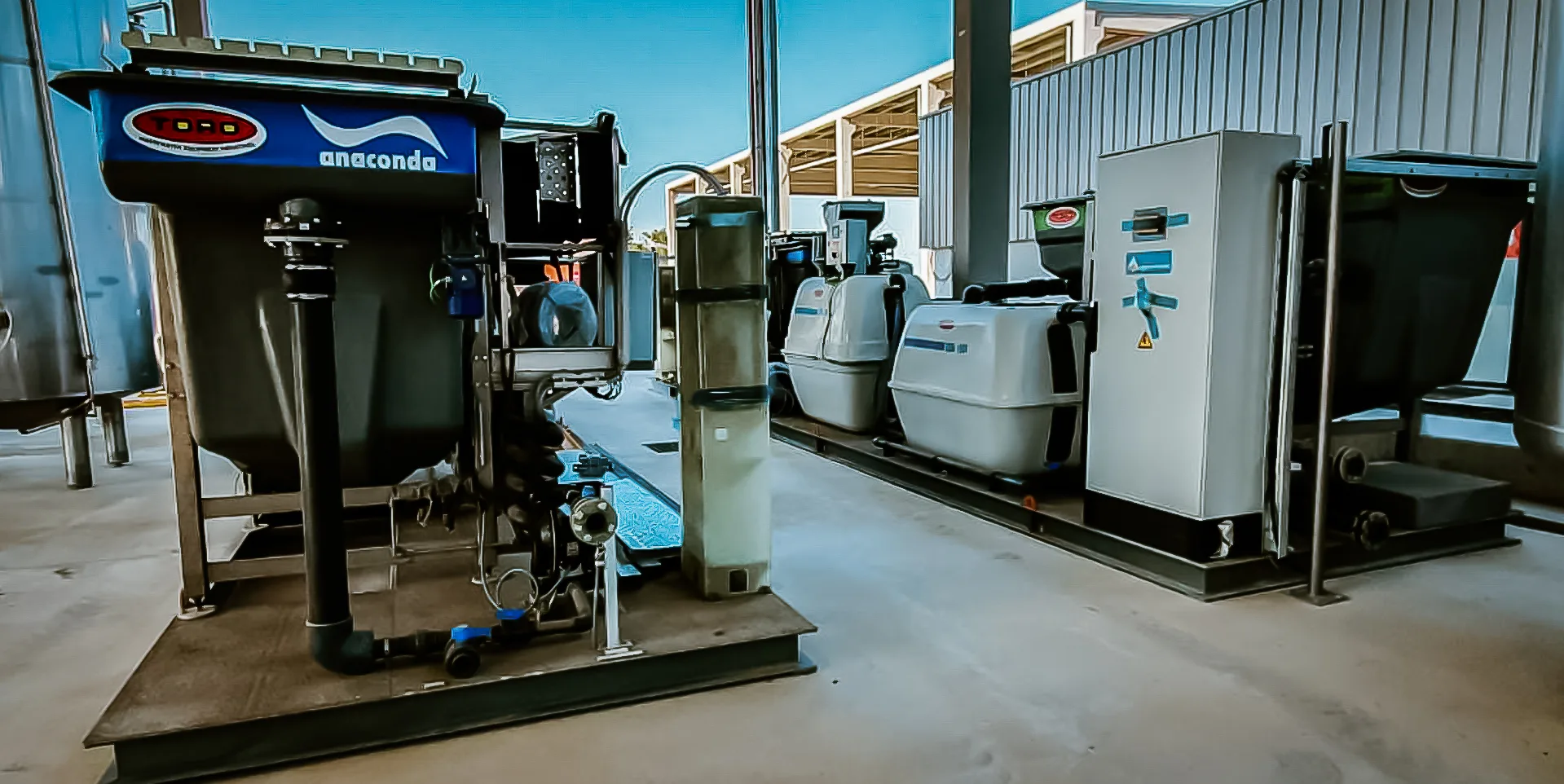

Flocculation in water treatment. Is a crucial process that plays a vital role in ensuring the quality of treated water. It is a key step in the overall water treatment process, especially in the removal of suspended particles and impurities from water. Flocculation involves the addition of chemicals known as flocculants to water to facilitate the clumping together of fine particles into larger, heavier particles called flocs. These flocs can then be easily removed through sedimentation or filtration. The main goal of flocculation is to improve the clarity of water and make it safe for consumption and other uses. There are different types of flocculants used in water treatment, including inorganic chemicals like alum and ferric chloride, as well as organic polymers. Each type of flocculant has specific properties that make it suitable for different water treatment applications. The effectiveness of flocculation in water treatment depends on various factors, such as the type and concentration of flocculants used, pH levels, temperature, and mixing intensity. Proper dosing of flocculants is essential to ensure optimal flocculation and efficient removal of impurities. Overdosing or underdosing of flocculants can lead to poor water quality and ineffective treatment. In addition to chemical flocculants, physical methods like coagulation and sedimentation are also used in conjunction with flocculation to enhance the removal of particles from water. Coagulation involves the destabilization of particles in water through the addition of coagulants, which helps in the formation of larger flocs during flocculation. Sedimentation allows the settled flocs to separate from water, resulting in clearer water. The combination of these processes improves the overall efficiency of water treatment plants in producing clean and safe drinking water. Flocculation is not only essential for drinking water treatment but also for industrial and wastewater treatment processes. In industries, flocculation is used to treat wastewater before discharge into the environment, reducing the levels of pollutants and contaminants. Proper flocculation in industrial processes helps in meeting regulatory standards and protecting the environment. Overall, flocculation plays a critical role in water treatment by improving water quality, reducing turbidity, and ensuring the safety of water for various applications. It is a fundamental process that forms the backbone of effective water treatment systems worldwide.